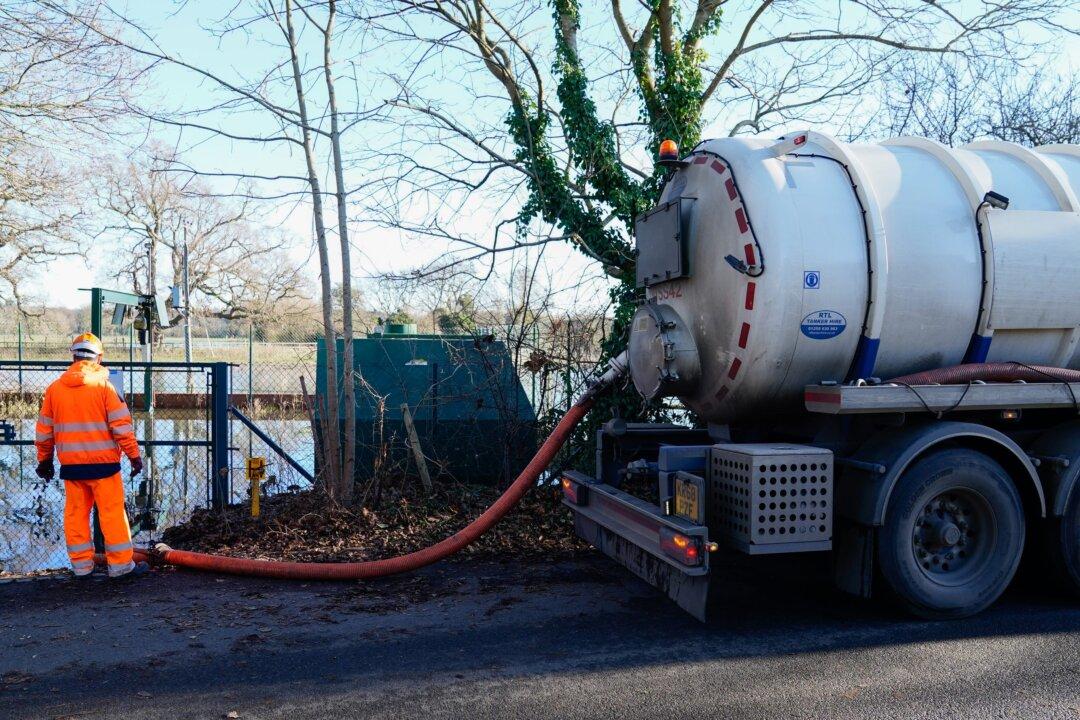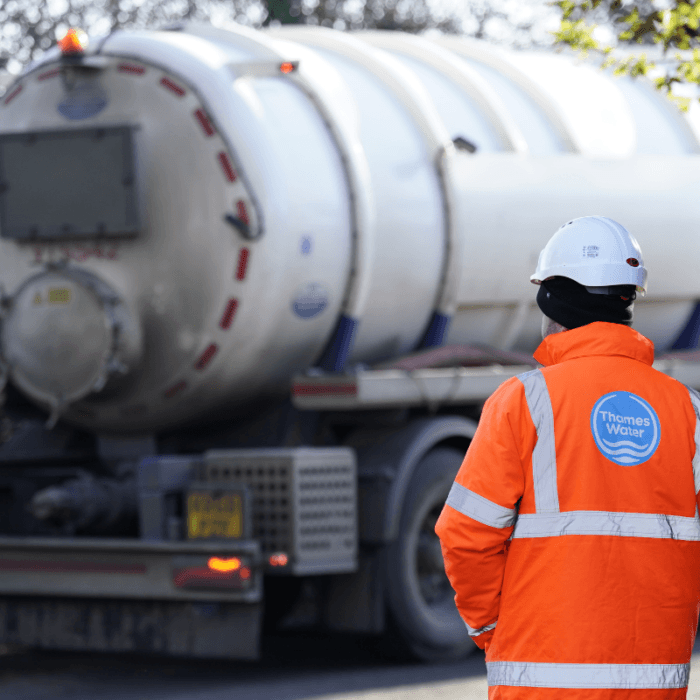Water firms in England and Wales have been ordered to return more than £150 million to customers over their poor performance in pollution, leaks, and customer satisfaction.
The Ofwat regulator said the money will come off bills for households and businesses across 2025 and 2026, with the final rebate to determined in December.
Only one out of 11 companies has met the performance commitment level. The sector has also underperformed in reducing internal sewer flooding. Water companies recorded a 10 percent reduction rate, compared to the promised 41 percent.
Customer satisfaction with water firms has reached its lowest level since the measure was introduced in 2020–2021.
No water firm made it to Ofwat’s “leading” category for the second year running.
The regulator rated 10 companies as “average,” including the cash-strapped London water provider Thames Water, Yorkshire Water, and Northumbrian Water.
Fines
The penalty for Thames Water for 2023–2024 is £56.8 million, while Yorkshire Water will have to pay £36 million. Ofwat slapped a £31.9 million fine on Southern Water and a £24.1 million penalty on Welsh Water.“It is clear that companies need to change and that has to start with addressing issues of culture and leadership. Too often we hear that weather, third parties or external factors are blamed for shortcomings,” he said.
He called on water firms to swiftly improve their performance, instead of waiting for the government or regulators to tell them to act.
“As we look towards the next price control, the challenge for water companies is to match the investment with the changes in company culture and performance that are essential to deliver lasting change,” said Black.
He noted that Severn Trent, a supplier across the Midlands and Wales, is already taking action to cut sewage overflows.
Reforms
The government has vowed to carry out a full review of the sector.“Our waterways should be a source of national pride, but years of pollution and under-investment have left them in a perilous state,” said Environment Secretary Steve Reed.
The legislation provides for harsher penalties, including jail sentences for executives who fail to cooperate or obstruct Environment Agency and Drinking Water Inspectorate investigations.
‘Broken’ Sector
Poor performance by water firms undermines customer satisfaction and trust, the Consumer Council for Water (CCW) has warned.“Customers will rightly question why some companies should be trusted with more of their money for future investment, when they are struggling to deliver on their existing commitments,” said CCW Chief Executive Mike Keil.
In response to Ofwat’s report, the GMB union said in a statement the water sector is “broken.”
“Water companies are failing to stop leaks and pollution while the infrastructure is falling apart. The water sector needs investment but just giving water companies more bill payers money would be folly and reward failure.
“If the private sector wants to run water companies then shareholders should be investing their own money not expecting bill payers to bail them out,” said GMB National Officer Gary Carter.






